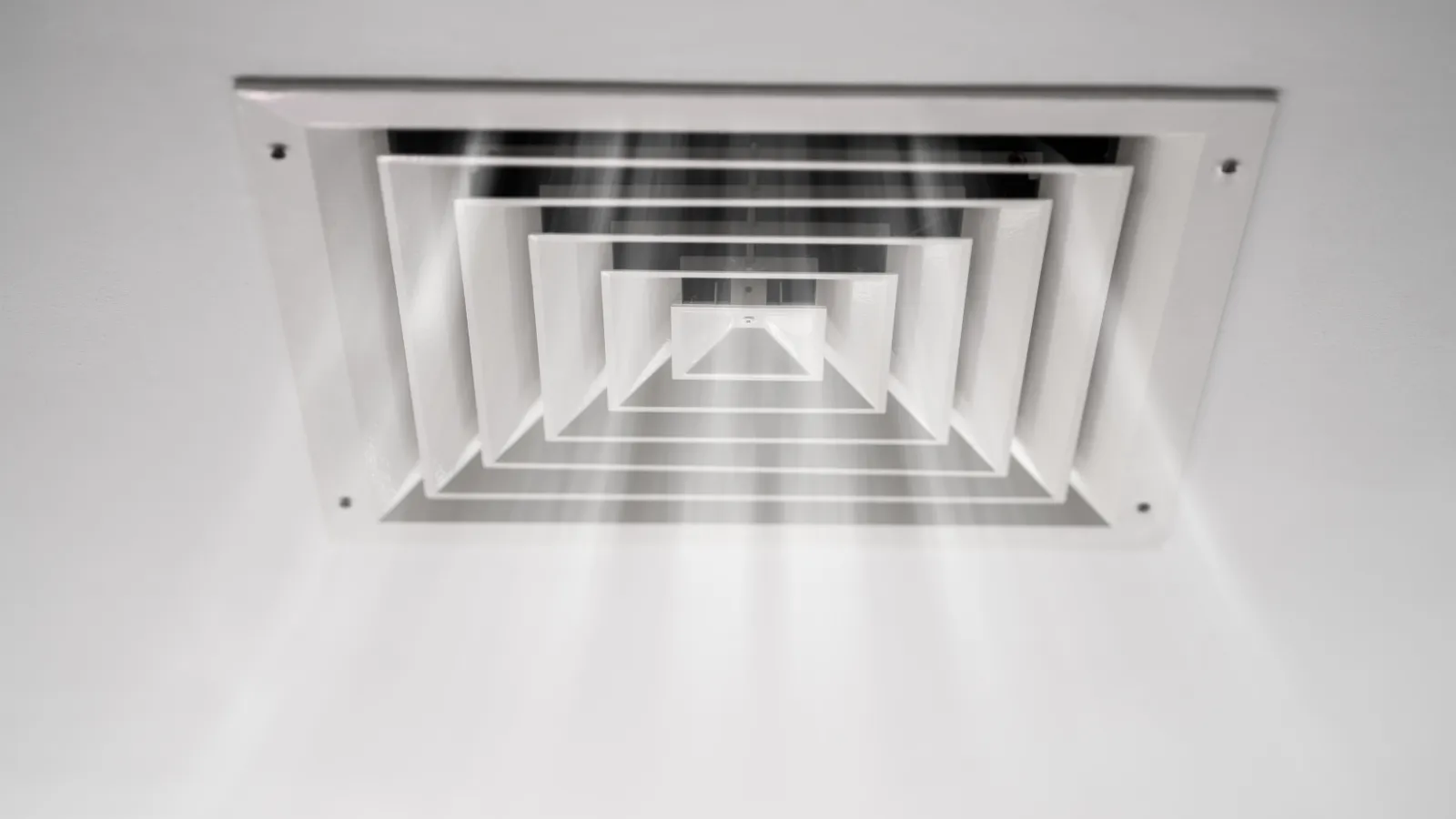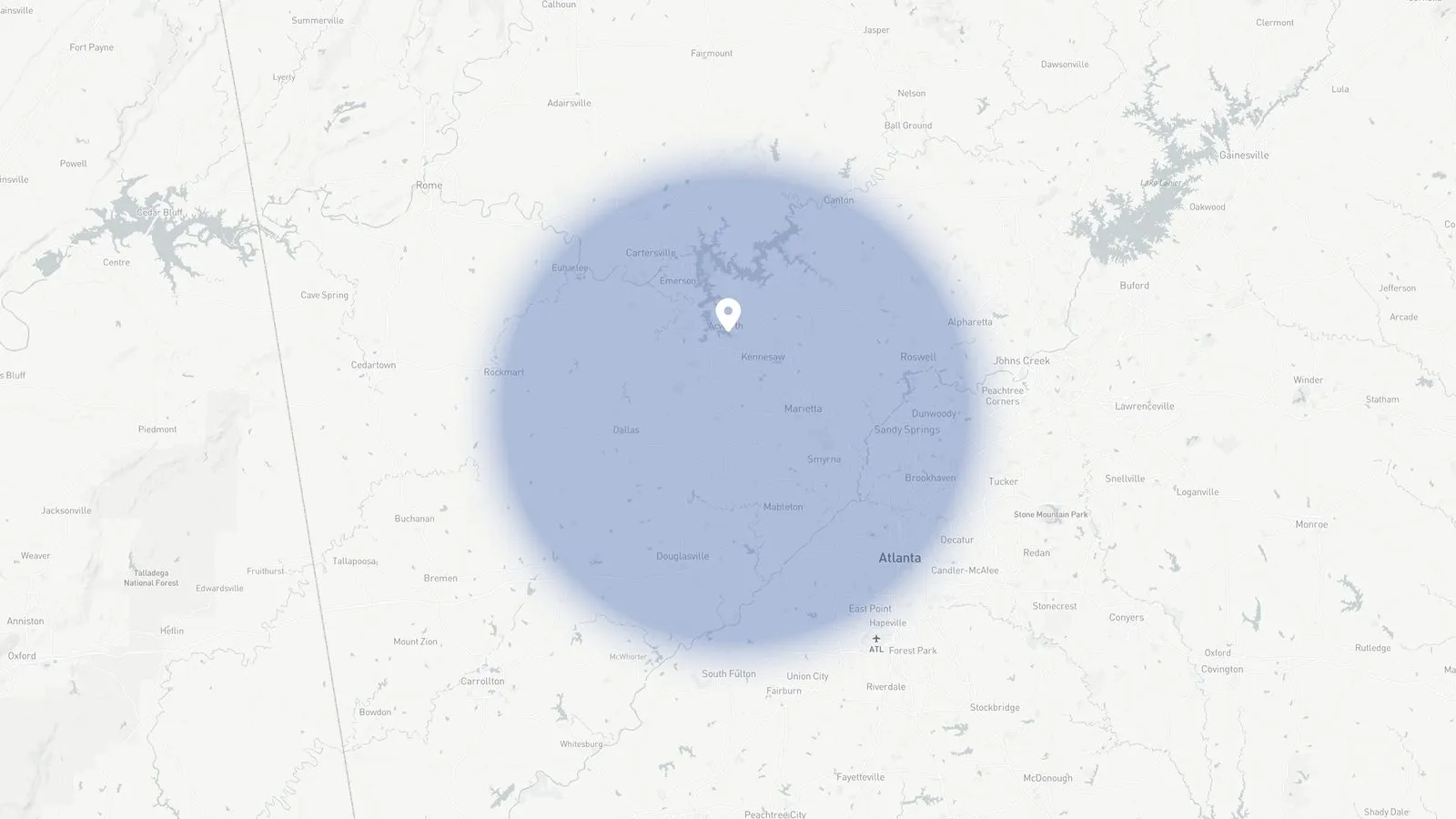Your home's HVAC system is vital to your comfort and health, and maintaining it doesn't have to be a chore. By following this year-round checklist, you can keep your system running efficiently, improve indoor air quality, and avoid costly repairs.
Winter (December-February): Stay Warm and Safe
- Change Air Filters: Replace your air filters at the start of the season to ensure clean airflow and efficiency.
- Inspect Your Heating System: Look for unusual noises, uneven heating, or higher energy bills as warning signs.
- Seal Leaks: Check for drafts around windows and doors, and make sure your ductwork is sealed.
- Consider a System Upgrade: If your heating system is over 10-15 years old and struggling to keep up, it may be time for a replacement.
Spring (March-May): Prepare for Cooling Season
- Schedule Spring Maintenance: Book your professional HVAC tune-up to ensure your AC is ready for the heat.
- Change Air Filters: A fresh filter helps prevent allergens and improves efficiency during pollen season.
- Check Your Thermostat: Ensure your thermostat settings are optimized for warmer months, and consider upgrading to a programmable or smart thermostat if you haven't already.
- Clean Around Outdoor Units: Remove debris, trim plants, and ensure the area around your outdoor AC unit is clear for proper airflow.
Summer (June-August): Beat the Heat
- Inspect Your System: Monitor for signs of inefficiency, like inconsistent cooling or rising energy bills.
- Replace Filters Again: Changing filters mid-summer keeps your system running smoothly during peak use.
- Check for Leaks: Ensure there's no water pooling around your indoor unit, as this could indicate a clogged drain line.
- Optimize Energy Efficiency: Use ceiling fans, keep blinds closed during the hottest parts of the day, and avoid overworking your AC.
Fall (September-November): Get Ready for Cooler Weather
- Schedule Fall Maintenance: Book a professional tune-up to prepare your heating system for the winter.
- Replace Air Filters: A fresh filter ensures your heating system is ready to perform efficiently.
- Inspect Your Ductwork: Check for visible signs of leaks, dust buildup, or obstructions, and have ducts professionally cleaned if needed.
- Evaluate System Age: If your HVAC system is over 10-15 years old, start planning for a replacement before it fails.
Year-Round Tips for Indoor Air Quality
- Seasonal Filter Changes: Replace filters every three months or more frequently if you have pets or allergies.
- Invest in an Air Purifier: Consider adding a whole-home air purification system to reduce allergens, bacteria, and viruses.
- Control Humidity Levels: Use a dehumidifier in summer and a humidifier in winter for optimal comfort.
- Free Attic Insulation Inspections: If you're experiencing inconsistent temperatures, consider scheduling an inspection to improve energy efficiency.
When to Replace Your HVAC System
- Age of System: Most HVAC systems last 10-15 years.
- Rising Energy Bills: Increased costs may signal inefficiency.
- Frequent Repairs: If repair costs exceed half the price of a new system, replacement is likely the smarter choice.
- Inconsistent Performance: If your system struggles to maintain a comfortable temperature, it may be time for an upgrade.

